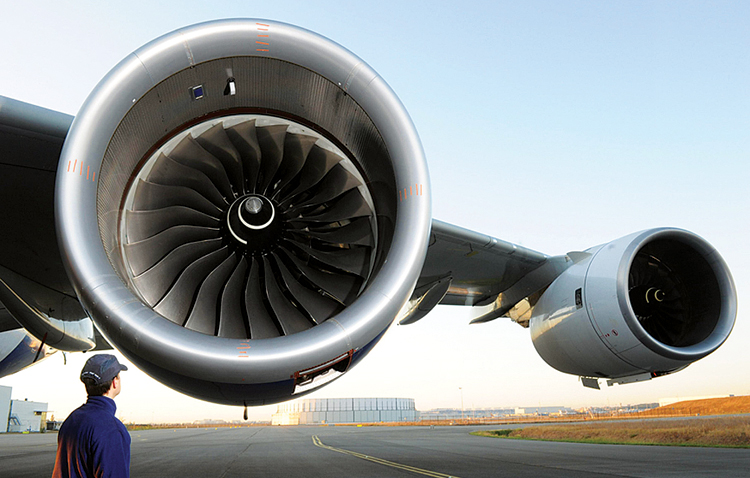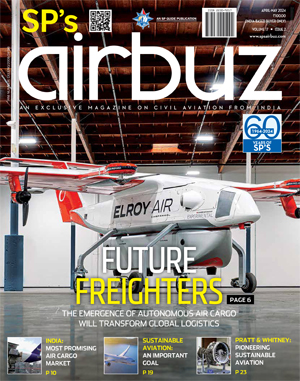A Major Step Forward for CORSIA
CORSIA is of vital importance to airlines as it is the means by which we can keep our commitment to carbon neutral growth (CNG) from 2020 by capping our net emissions

As the Director General and CEO of International Air Transport Association (IATA), a good portion of my time is spent asking governments to do better in order to unlock the benefits that aviation can bring. Recently, we had a great opportunity to congratulate governments on a major achievement. The Council of the International Civil Aviation Organisation (ICAO) completed the technical details of the Carbon Offsetting and Reduction Scheme for International Aviation (CORSIA). And that indeed is very good news.
CORSIA is of vital importance to airlines. It is the means by which we can keep our commitment to carbon neutral growth from 2020 by capping our net emissions. It is also a great illustration of what happens when governments and industry work together. The devil, as they say, is in the details. And CORSIA can only work if the details are clear to all. Last week’s council work achieved that. And that is truly good news as airlines prepare to begin reporting emissions to governments from January 1, 2019.

The eyes of the aviation world have been turned to ICAO to complete this important technical work since the adoption of CORSIA in October 2016. The expectations of all stakeholders have been high. And we should not underestimate how difficult and tricky it has been for the ICAO Council to resolve difficult political issues amid a flurry of misinformation in recent weeks. But they persevered and we have the agreement. And that is good news for all concerned, especially the environment.
On our part, IATA is doing its utmost to ensure that everyone and not just our members, is prepared for that deadline which is by the end of this year. By this time, we will have conducted over 20 CORSIA implementation workshops all around the world, open to all airlines, business aircraft operators and governments.
It is also important to use this development to remind people that as important as CORSIA is, it is one part of a bigger strategy to tackle the challenge of managing emissions by the aviation industry. Airlines are investing in advanced technology as they build and replace fleets with more fuel-efficient aircraft. They are also investing to power these fleets with sustainable aviation fuels. And they are working with airports and air navigation service providers to generate efficiencies from improvements to airports and operations.
We believe that these operational and technical efforts will eventually be the path not only to carbon neutral growth (CNG), but to our very ambitions 2050 goal of cutting net emissions to 2005 levels. To keep the 2020 schedule for CNG, airlines did something truly unique – they asked governments for a global system to offset emissions growth. And governments, under the leadership of ICAO, did deliver.
As proud as we both can be about this achievement, it is not a time for complacency. Even as we celebrate a major step forward for CORSIA, the technical and operational initiatives need to progress further. Of particular concern is the slow progress on sustainable aviation fuels. The nearly overnight proliferation of electrical vehicles on the road, is clear evidence of how quickly technology can move with the right incentives.
Earlier this year, we had asked governments to aim for a billion people to fly on sustainable fuels by 2025. If recent moves in the development of Europe’s Renewable Energy Directive make their way from draft to policy, I hope that I will be writing a congratulatory blog much sooner than that!
The author is the Director General and CEO, International Air Transport Association (IATA).





